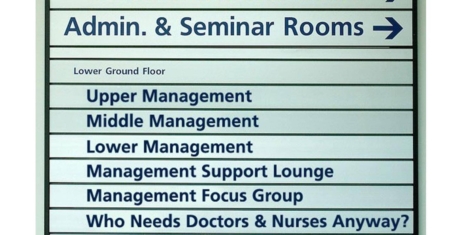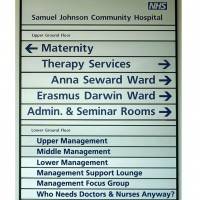February 10, 2016
Moderate growth for global commercial real estate predicted in 2016 0
 US and European office markets will tighten further in 2016 as demand for space outpaces a limited number of new developments, according to CBRE Group’s 2016 Global Real Estate Market Outlook. However, the extent of tightening in individual cities will depend strongly on local job growth in major office-using industries. Global prime rents across the three major property types—office, industrial and retail—are expected to grow 2.2 percent on an annual basis, according to estimates from CBRE’s Global Rent Index. The Americas, thanks to the strength of the US property sector, is expected to see commercial real estate rents rise 3.4 percent in 2016, as consumption growth and rising employment, combined with comparatively limited new supply levels, simulates demand. Rents in EMEA are forecast to rise by 3.2 percent thanks to a combination of increased consumer spending, pent-up demand for commercial space and anticipated further monetary easing by the European Central Bank.
US and European office markets will tighten further in 2016 as demand for space outpaces a limited number of new developments, according to CBRE Group’s 2016 Global Real Estate Market Outlook. However, the extent of tightening in individual cities will depend strongly on local job growth in major office-using industries. Global prime rents across the three major property types—office, industrial and retail—are expected to grow 2.2 percent on an annual basis, according to estimates from CBRE’s Global Rent Index. The Americas, thanks to the strength of the US property sector, is expected to see commercial real estate rents rise 3.4 percent in 2016, as consumption growth and rising employment, combined with comparatively limited new supply levels, simulates demand. Rents in EMEA are forecast to rise by 3.2 percent thanks to a combination of increased consumer spending, pent-up demand for commercial space and anticipated further monetary easing by the European Central Bank.






























February 5, 2016
What the commercial property market tells us about trends in office design 0
by Paul Goodchild • Comment, Property, Workplace design
It’s become commonplace in recent years for certain people to foresee the death of the office. The problem with this argument is that, in spite of its drawbacks, office life maintains an attraction for both employers and employees and there will always be an upper limit on how long people want to spend away from other people. Things are changing but the death of the office is a myth. As we’ve known for at least a quarter of a century, there is no absolute need for us to go to work at all. Theoretically we could just do away with offices completely if we wanted to. But as we have seen, the fact we have evolved technology to the point where we could forget about bricks and mortar, doesn’t necessarily mean we will. Not only are there practical reasons for offices to continue to exist, there are emotive ones too. If you want evidence of this, look no further than the records currently being set by the UK’s commercial property markets.
(more…)